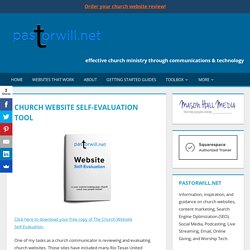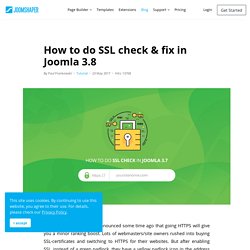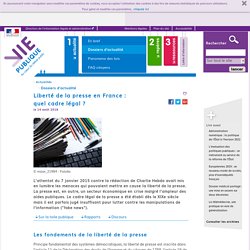

Preventing your site from being indexed, the right way. Joost de Valk Joost de Valk is the founder and Chief Product Officer of Yoast.

He's a an internet entrepreneur, who next to founding Yoast has invested in and advised several startups. His main expertise is open source software development and digital marketing. We’ve said it in 2009, and we’ll say it again: it keeps amazing us that there are still people using just a robots.txt files to prevent indexing of their site in Google or Bing. As a result, their site shows up in the search engines anyway. For more on robots.txt, please read robots.txt: the ultimate guide. There is a difference between being indexed and being listed in Google Before we explain things any further, we need to go over some terms here first: Indexed / Indexing The process of downloading a site or a page’s content to the server of the search engine, thereby adding it to its “index”.Ranking / Listing / Showing Showing a site in the search result pages (aka SERPs).
Prevent listing of your page by adding a meta robots tag.
Church Website Self-Evaluation Tool. Click here to download your free copy of The Church Website Self-Evaluation.

One of my tasks as a church communicator is reviewing and evaluating church websites. Those sites have included many Rio Texas United Methodist churches and a few from other conferences and denominations. These started to take up a bit too much time. So, I developed a tool that anyone could use to evaluate their own church website. Taking the outline that was used for evaluations and adding everything learned from developing websites, evaluating websites, and consulting churches looking to have great websites. The Church Website Self-Evaluation Tool will help you review your own church website step by step. To assist you in getting some honest feedback on your website from other people, I include a form to use when asking others to review your website.
The Church Website Self-Evaluation is not intended to grade your site. The tool and the results are all yours but, if you like, I always love to see the results.
WordPress. How to do SSL check & fix in Joomla 3.8. As you know, Google has announced some time ago that going HTTPS will give you a minor ranking boost.

Lots of webmasters/site owners rushed into buying SSL-certificates and switching to HTTPS for their websites. But after enabling SSL, instead of a green padlock, they have a yellow padlock icon in the address bar. Most people wonder, why it happened and how to fix it. In this blog post, we will help you diagnose a common problem with your SSL enabled site and show the way to solve it. Update notice! How to enable HTTPS in Joomla This first step depends on what hosting provider you have, some of them in their hosting panel have built-in option to order or just switch it.
The second very important part is to enable HTTPS connections inside Joomla! Figure: Joomla 3.x Global Configuration area under the Server tab. The second important part which I always suggest to do is, to add few lines of extra code into .htaccess file. Then if possible add full website URL into configuration.php: Bootstrap · The most popular HTML, CSS, and JS library in the world.
Web Enterprise. Full Stack Web. Share files and collaborate on creative projects. Liberté de la presse en France : quel cadre légal ? - Liberté de la presse en France : quel cadre légal ? - Dossier d'actualité. © mizar_21984 - Fotolia L’attentat du 7 janvier 2015 contre la rédaction de Charlie Hebdo avait mis en lumière les menaces qui pouvaient mettre en cause la liberté de la presse.

La presse est, en outre, un secteur économique en crise malgré l’ampleur des aides publiques. Le cadre légal de la presse a été établi dès le XIXe siècle mais il est parfois jugé insuffisant pour lutter contre les manipulations de l’information ("fake news"). Les fondements de la liberté de la presse Principe fondamental des systèmes démocratiques, la liberté de presse est inscrite dans l’article 11 de la Déclaration des droits de l’homme et du citoyen de 1789, l’article 19 de la Déclaration universelle des droits de l’homme du 10 décembre 1948 et l’article 10 de la Convention européenne des droits de l’Homme de 1950.